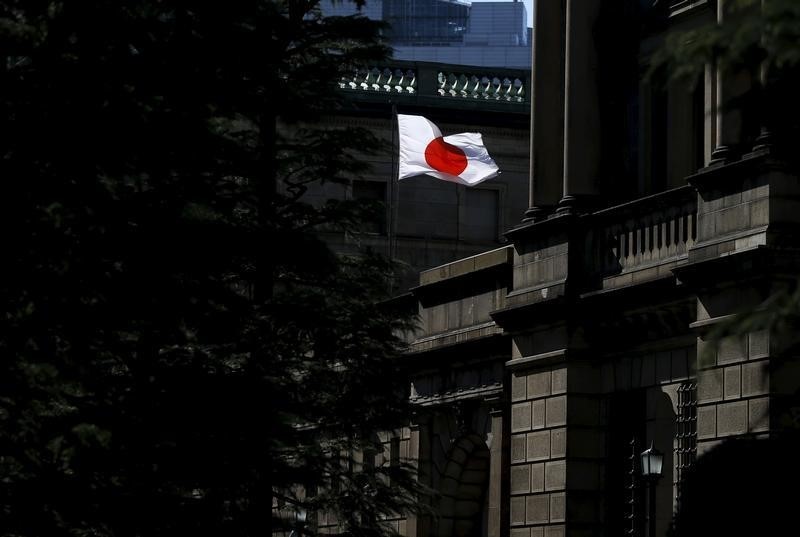Is this U.S.-China selloff a buy? A top Wall Street voice weighs in
Investing.com-- The Bank of Japan is widely expected to keep interest rates unchanged on Thursday, July 31, amid some near-term uncertainty over Japanese politics and the impact of U.S. trade tariffs.
But the central bank is likely to maintain a hawkish stance, especially amid signs of Japanese inflation remaining sticky.
The BOJ is expected to maintain its benchmark policy rate at 0.5% for a fourth consecutive meeting, after a 25 basis point hike in January.
While the central bank has flagged the potential for more rate hikes in 2025, it has remained largely non-committal to any near-term hikes, amid uncertainty over Japanese politics and U.S. trade tariffs.
Japan’s political uncertainty came to the fore in July after Prime Minister Shigeru Ishiba’s ruling Liberal Democratic Party lost its majority in the upper house. Such a scenario could present a political deadlock over future policy decisions by the LDP, given that it will need to seek support from its rivals to pass any new legislation.
Uncertainty over U.S. trade tariffs had also stayed the BOJ’s hand in recent months. While Tokyo and Washington did sign a trade deal in July, the two were yet to release more details on the agreement. Japan also still faces a 15% tariff on exports to the United States.
ANZ analysts said the BOJ was likely to hold this week, amid heightened uncertainty over local politics. But they expect the BOJ to hike rates in October and then in early-2026, based on the trajectory of economic growth and inflation.
Capital Economics analysts also forecast an October rate hike, with the recent U.S.-Japan trade deal expected to clear up at least some uncertainty for the BOJ.
BOJ Governor Kazuo Ueda has repeatedly signaled that the central bank will keep raising interest rates if the Japanese economy improves. But he has declined to provide any cues on the timeline of the potential hikes.
How will the Nikkei 225 react?
Japanese stocks surged to near record highs on the U.S. trade deal, with the Nikkei 225 now trading near peaks last seen in the first half of 2024. The TOPIX index hit a record high.
Any overly hawkish signals from the BOJ are likely to weigh on Japanese markets, with their recent rally also leaving them susceptible to profit-taking. A spike in the Japanese yen, on the prospect of higher rates, also stands to impact export-oriented stocks.
How will the Japanese yen (USDJPY) react?
The Japanese yen is likely to appreciate on any hawkish BOJ signals, with the USDJPY pair expected to fall in such a scenario.
The yen was pressured by a stronger dollar in recent weeks, which caused the currency to weaken sharply from its strongest levels since July 2024.
But any hawkish signals from the BOJ stand to boost the yen, given that higher rates will make the yen appear more attractive.
